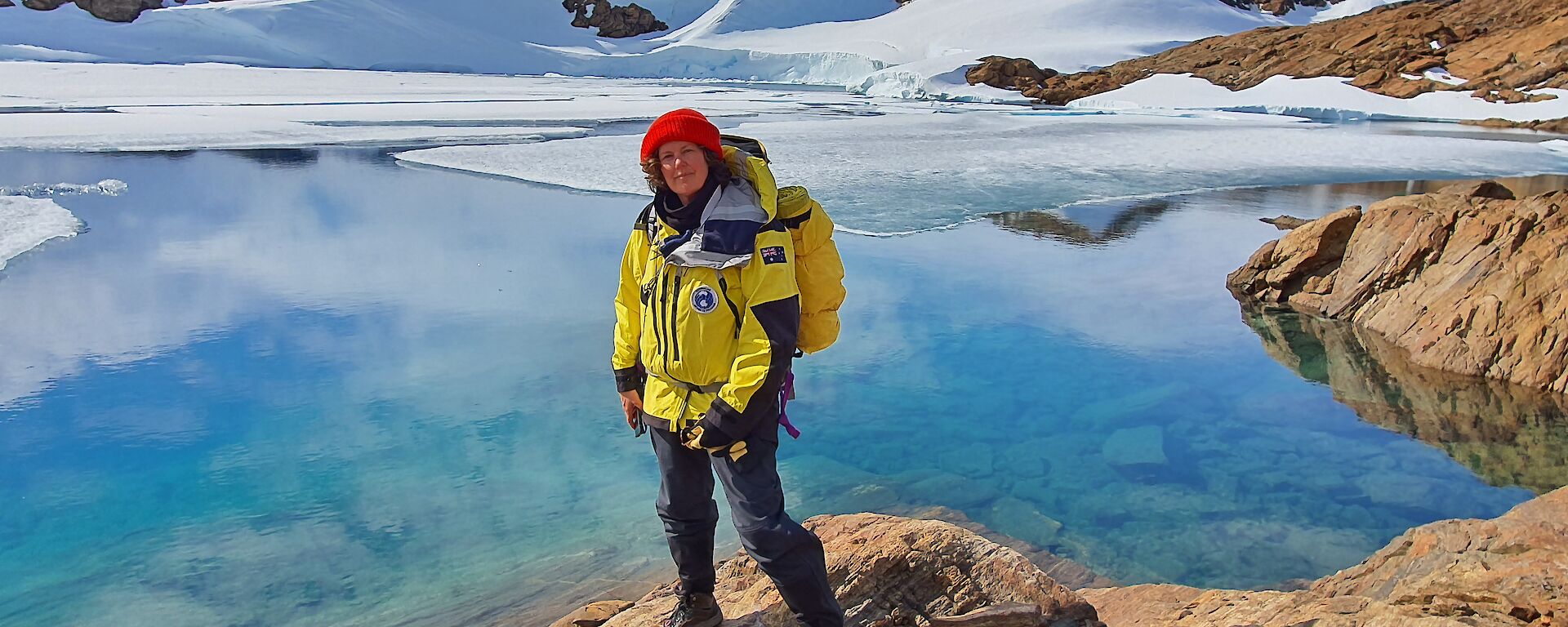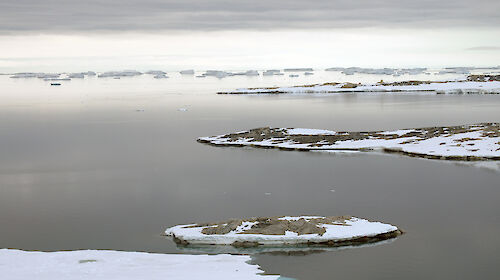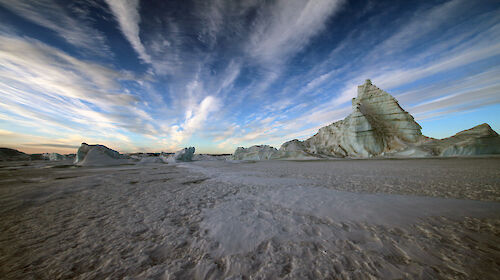Dr Bergstrom, who received the award at a virtual ceremony tonight, said she is thrilled to be recognised for her scientific career.
“This is such a huge honour and one I never expected to receive for my passion to protect and conserve fragile ecosystems,” Dr Bergstrom said.
Dr Bergstrom began her Antarctic career as a Masters student in 1983 and has been south for her research more than 20 times.
“Mr work focuses on protecting the really rare Antarctic and the sub-Antarctic ecosystems,” she said.
“There's intrinsic value in the wildlife, plants, animals and fungi of the region, but there’s also rich scientific value.”
“To study a place that's gone through many ice ages and understand how the plants and animals survive will help us predict what might happen to our climate into the future.”
Dr Bergstrom’s work has led to improvements in biosecurity and preventing alien species ‘hitchhiking’ to Antarctica.
“The huge international project, involving 23 nations and tourism operators, identified how invasive species were accidently being taken to Antarctica on ships and planes.”
“Once we understood the extent of the issue, Australia introduced new biosecurity measures, such as cleaning equipment and building new quarantine facilities to stop plants and animals being transported south,” Dr Bergstrom said.
Most recently, Dr Bergstrom, led research looking at ecosystem collapse from Australia’s tropics to Antarctica.
“This research sounded the alarm on the breakdown of the ecosystems, but also provided advice on ways to slow this trend.”
“It's really heart-warming to be part of a scientific solution to the problems our environment is facing.”
The Australian Museum Eureka Prizes honour excellence in the fields of research & innovation, leadership, science engagement, and school science.
The prestigious prizes were established in 1990 and a total of 434 Eureka Prizes have been awarded.




